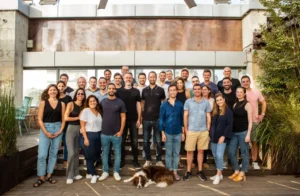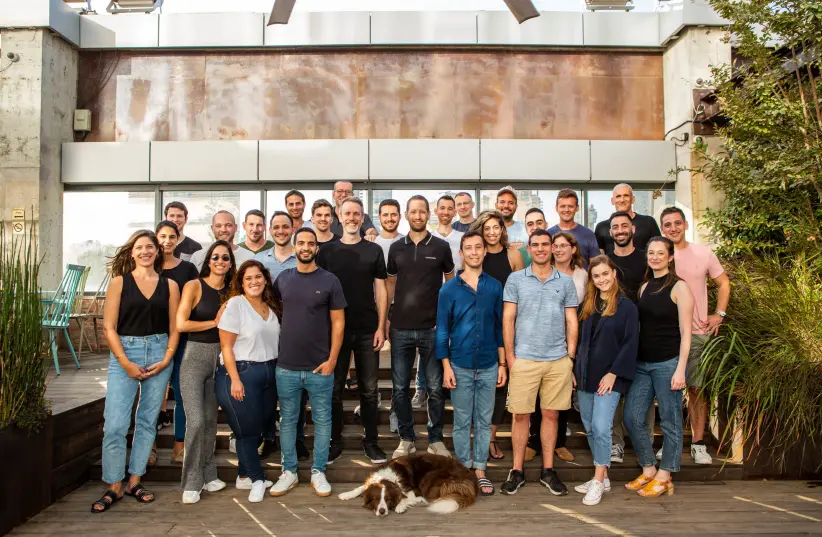Despite the current shortage of high-level programmers, the Lumigo team seems confident they’ll be able to double the size of their team this year.

Cloud computing has gotten very complicated. As more and more money is poured into the development of cloud technology, the applications that it supports have grown into large, tangled masses of interweaving apps, systems and services that can be a nightmare to sort out.
Lumigo is a platform designed to rectify that issue. The platform allows clients to identify and isolate issues in their cloud applications. Following its adoption by hundreds of companies, Lumigo is extending its core product to support containers and Kubernetes. This move will enable the company to offer end-to-end observability covering the full spectrum of cloud services used in modern applications.
“Observability solutions that aren’t built from the ground up for modern cloud environments struggle to deal with today’s highly distributed applications,” says Erez Berkner, Lumigo’s CEO and co-founder. “Lumigo is the first solution to ensure you always get a unified end-to-end story of the request, even across asynchronous managed services, for example AWS Step Functions or EventBridge.”
In advance of this move, Lumigo has been casting its net into Israel’s limited hiring pool. The company has faced a few challenges in acquiring new talent, primarily due to the lack of readily available top-level programmers. This is an issue that has plagued Israel’s hi-tech industry for months, illustrating the nation’s need to broaden its hiring pool – which many companies are doing, by looking to Israel’s underdog hi-tech populations: haredi Jews and Arabs.
“The continued prosperity of the industry is under threat from industry over-concentration, both geographically and demographically,” said Dror Bin, CEO of the Israel Innovation Authority. “Without focused and wide-ranging government effort, the State of Israel will struggle to preserve its position. In the long-term, a coordinating arm is needed to accelerate and connect between all the players in the field.”

“The continued prosperity of the industry is under threat from industry over-concentration, both geographically and demographically”
Dror Bin, Israel Innovation Authority CEO
“The continued prosperity of the industry is under threat from industry over-concentration, both geographically and demographically”
Lumigo’s approach has been to offer a humanitarian bonus to the prospect of interviewing for a role at the company. For every new interviewee, Lumigo has pledged to donate NIS 400 to the charity of the prospective employee’s choice.
Berkner hopes that the gambit pays off, because now is a crucial moment for his company to grow. “Lumigo’s now at a growth stage. We have hundreds of companies paying Lumigo for this solution, and now our biggest challenge is to scale. We were about 25 last year, and we’re going to double that and more next year,” he said.
“In parallel is the challenge of the current market,” the circumstances of which mean that we need to be very careful as not to hinder our growth, he explained.
“We’re trying to be more efficient. If last year I could hire someone before I needed them, just to prevent bottlenecks, now we can take fewer risks like that. In that sense, our growth is not impacted, but we’re taking less risks.”

